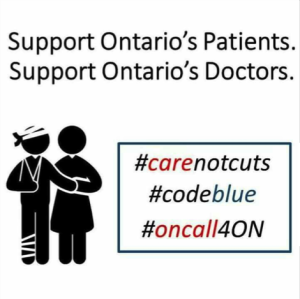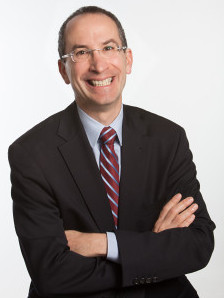Clinton v. Trump: Health Care Proposals
With the 2016 presidential election just days away, debates on the personalities and as well as the policy agendas of the respective candidates have become increasingly fierce. Donald Trump and Hillary Clinton may both be moderates at heart, but their official policy platforms represent near-extremes of the political spectrum. This holds especially true in their proposals regarding healthcare: Trump’s proposal, entitled “Health Care Reform to Make America Great Again,” and Clinton’s, “Universal, Quality, Affordable Health Care for Everyone in America” together paint a picture of the spectrum of opinions and debates surrounding healthcare.


